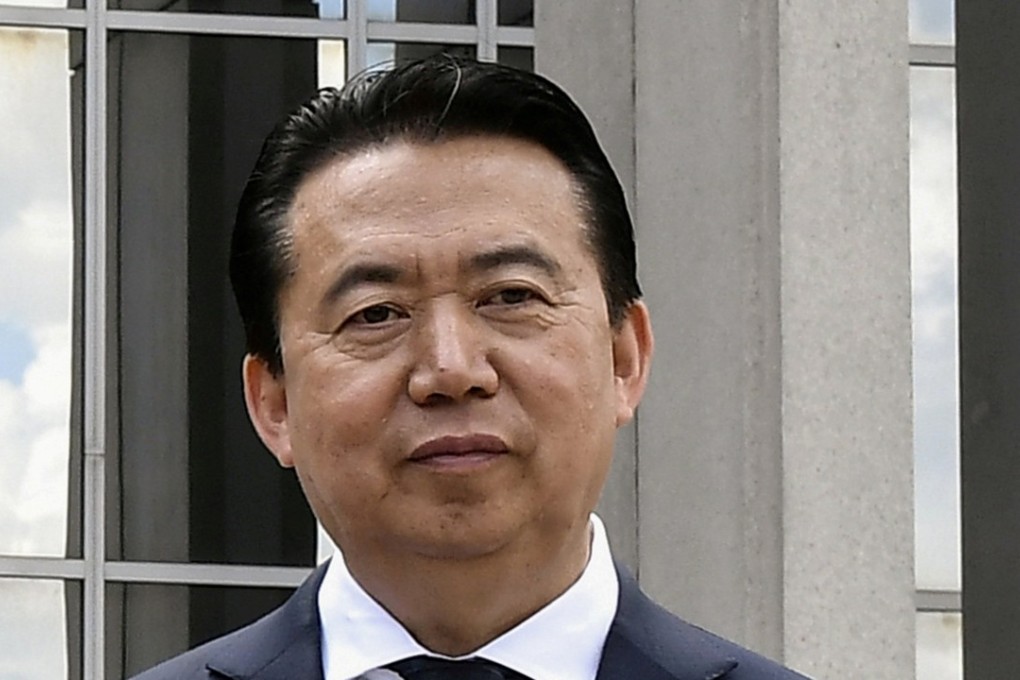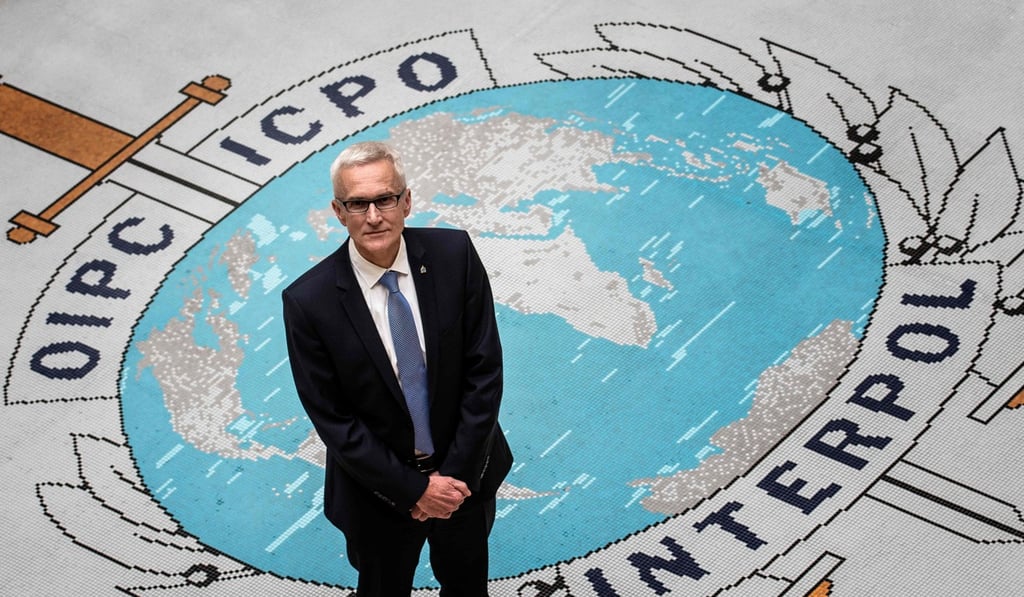Interpol to choose new president after China’s detention of former chief Meng Hongwei
- Meng Hongwei, who was China’s vice-minister of public security while also leading Interpol, was detained as part of a corruption purge
- More than 1,000 delegates from most of the 192 member-states are meeting in Dubai

Police chiefs from around the world were gathering in Dubai for Interpol’s general assembly to select a new president after the agency’s former official in the post was detained in China.
Meng Hongwei - who was China’s vice-minister of public security while also leading Interpol – went missing while on a trip to China in September.
It later emerged that the long-time Communist Party insider with decades of experience in China’s security apparatus was detained as part of a sweeping purge against allegedly corrupt or disloyal officials under President Xi Jinping’s authoritarian administration.

Interpol member-states will also be deciding whether to accept Kosovo as a full member, which would allow officials there to file red notices for Serbian officials that Kosovo considers war criminals.
The red notices are alerts circulated by Interpol to all member countries that identify a person wanted for arrest by another country.